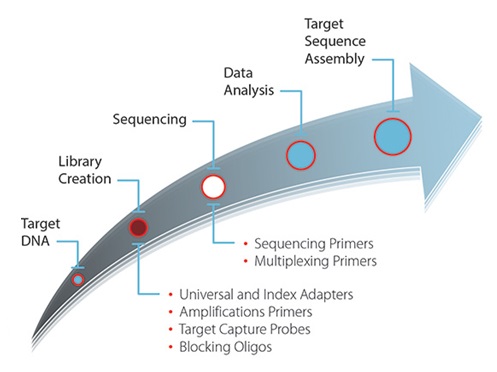Total Human Genome Sequencing (AWS) enables researchers to describe the complete genetic composition of individuals and to determine the entire human genome. This allows the identification of genomic diversity information, including single nucleotide polymorphisms (SNPs), degrees and deletions (InDels), structural changes (SVs), and copies of changes (CNVs) in a single, cost-effective measurement.
With extensive experience and developed bioinformatics knowledge, Novogene offers high-quality data, ready-to-publish analytics figures, and personalized results to meet different research objectives and customer needs. Novogene offers super-fast turnaround times, even for large projects: Equipped with multiple platforms: Illumina NovaSeq 6000, Oxford Nanopore PromethION, and PacBio Sequel.
Novogene can sequence up to 200,000 human genomes per year at a competitive cost. The Novogene hWGS service can provide data in a wide range of applications, including studies of genetic diseases, cancers, pathogenesis mechanisms, or population genetics. The multiple DNA sequencing technologies available in Novogene can identify highly polymorphic and highly repetitive regions in the genome, thus providing a complete and accurate description of the human genome.
Advances in next-generation sequencing (NGS) over the past decade have provided an unprecedented opportunity to examine genetic changes in humans and their role in health and disease. Reliable and accurate next-generation sequencing (NGS) technologies have great promise for accelerating personal or accurate medicine. NGS-based genomic data have been used to better understand disease development and patient characteristics that affect response to a particular therapeutic intervention. NGS-based technologies are suitable for studying disease development, progression, and the emergence of resistance, all of which are key factors in the development of next-generation disease diagnosis.
NGS platforms play an important role in how diseases are diagnosed and medications are prescribed in the future. However, NGS tests report large amounts of data, and many of these data are currently poorly understood in inpatient care. There are some challenges, including operational, technical, regulatory, and strategic, that must be overcome for an accurate NGS-based drug to succeed. Here we provide an overview of existing NGS sequencing technologies along with tools for data analysis.
Detection of genetic changes in individuals can be used to predict the risk of disease, with the potential to stop or delay disease progression. NGS can also be used to predict the response or adverse effects of drugs or to calculate the appropriate dose of a drug. Such personal medicine also allows the treatment of diseases based on the genetic structure of the patient.
Here, we review the basics of NGS technologies and their application in human diseases to enhance human health care and personalized medicine.



